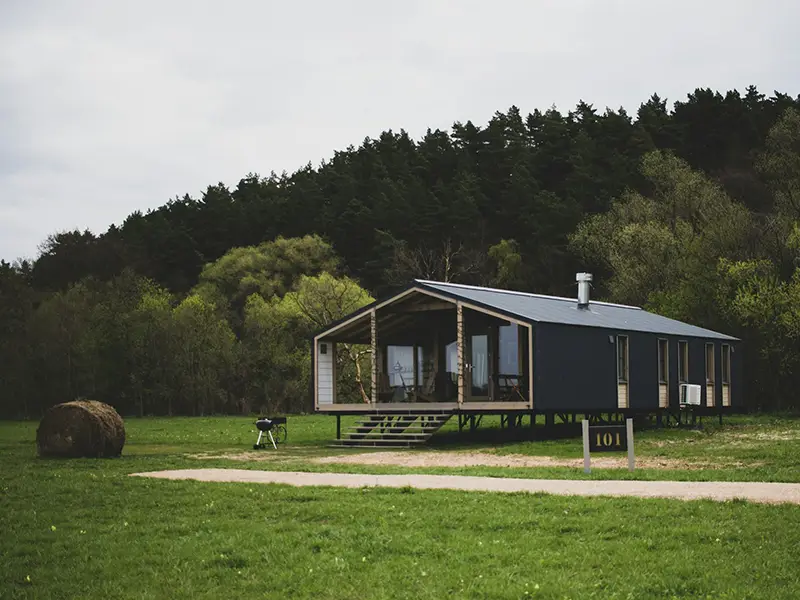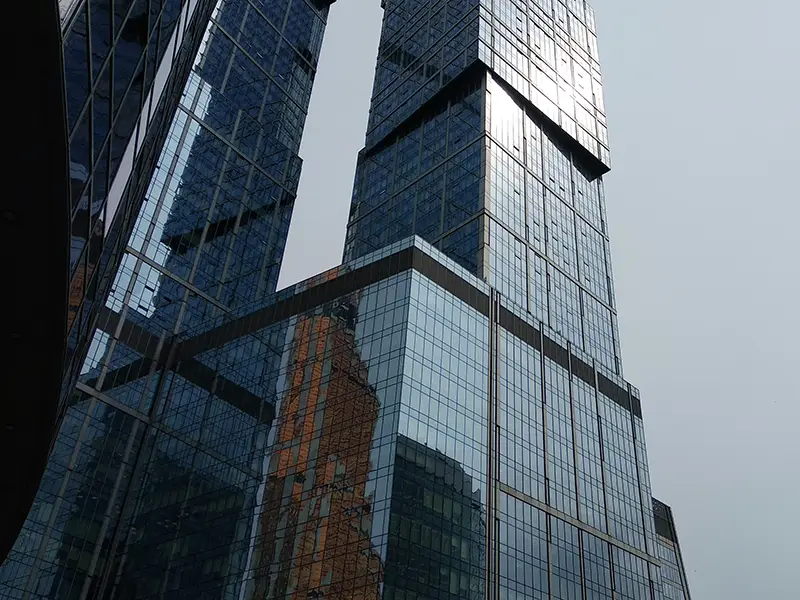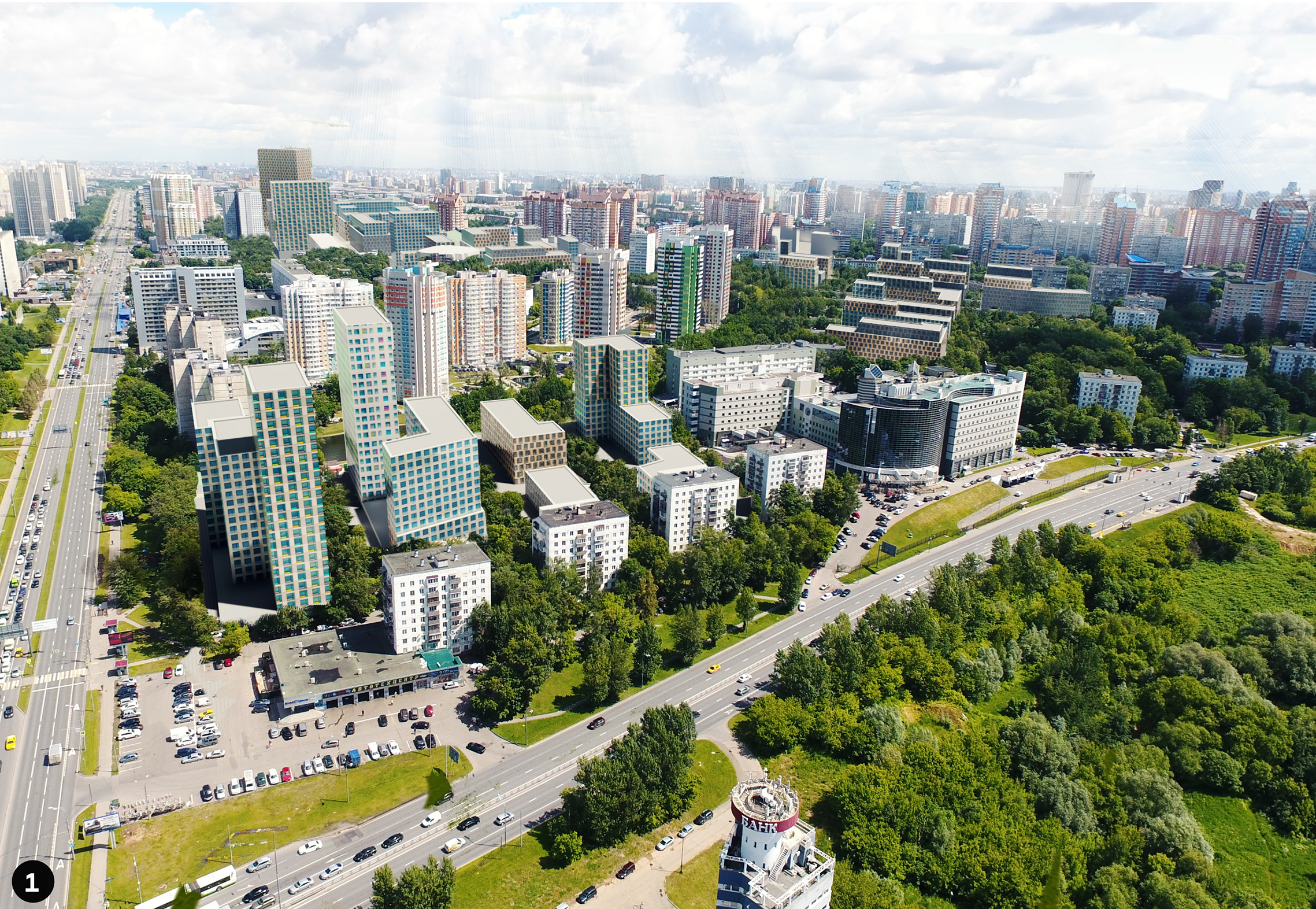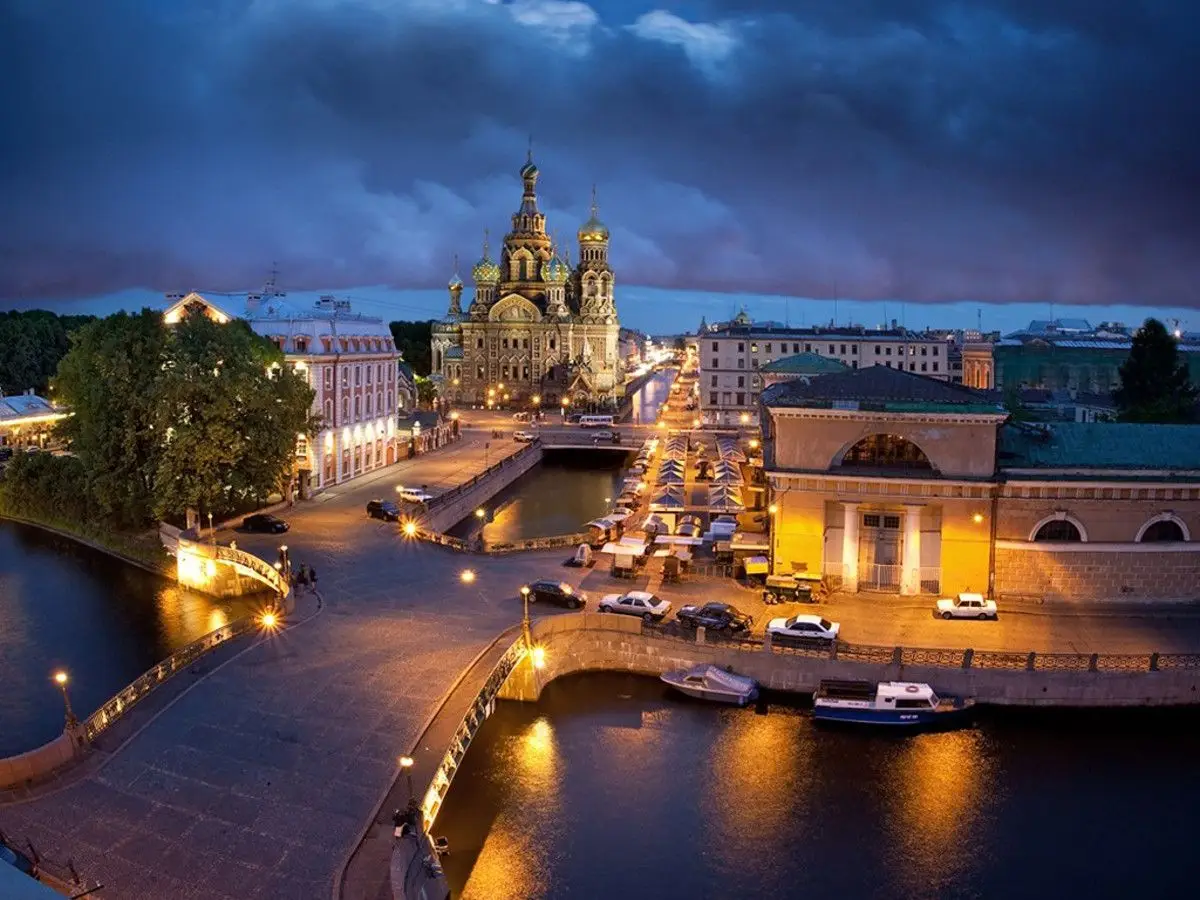It’s no secret that property in Russia has become a magnet for investors, but why is this so? Is it really down to currency exchange rates or the reliability of brick walls? It turns out that the attractiveness of the market hides less obvious but highly significant factors which play a key role in the choice. Property in the Russian Federation is becoming a kind of financial safe haven for many, despite the constant economic storms and international challenges.

Why Russian property remains in demand among investors
There are several key reasons for the popularity of domestic houses, flats and offices.
Guarantee of stability and protection against inflation
While the world markets are jumping like grasshoppers in the summer sun, the domestic market remains relatively stable. People seeking to preserve their capital find in this resource a golden mean between risk and security. Investments in Russian property are characterised by stability due to the peculiarities of legal regulation and government support measures. When money depreciates, houses and flats continue to be hard currency, and rentals bring stable income even when the ruble is stress-tested.
Diversification with a “Russian accent”
One of the key factors why people choose property in Russia for investment is the possibility of profitable diversification. Buying assets in Moscow or St. Petersburg opens up access to an environment with different types of tenants and potential income. The capital’s field is characterised by stable demand supported by both local residents and businesses, while in the regions one can find profitable options for short-term tenants.
Benefits of investing in property in Moscow and St. Petersburg
Moscow squares attract experienced investors because here business and life are concentrated in one vortex of movement. Prices per square metre rarely stand still – their upward movement is constantly fuelled by demand, not only from the Russian Federation, but also from international players who see the capital as a centre of financial opportunities.
Pros:
- Stable demand. A constant influx of people coming to study, work, or seeking to become part of Moscow life. Rental rates remain high, which makes investments profitable.
- Assistance from the government. A wide range of state and municipal programmes aimed at supporting the construction and purchase of housing, which makes the market more stable.
St. Petersburg: Capital of Culture and Investor’s Pearl
St. Petersburg metres also remain attractive, but for different reasons. Here rental rates are slightly lower than in Moscow, but purchase prices are also more affordable. In addition, St. Petersburg is the cultural heart of the country, which ensures a steady demand among tourists and makes investments in real estate particularly profitable for short-term purposes.
Pros:
- Tourist Attractiveness. Millions of people visit Peter every year, which creates huge opportunities for renting out accommodation.
- Infrastructure and quality of life. Good roads, transport accessibility, developed infrastructure and, of course, views of the Neva River – an ideal place to buy a flat in the long term.
Countryside property in Russia: investment away from the hustle and bustle of the city
 A special economic resource that has gained popularity among wealthy Russians in recent years. Financiers consider country houses not only as a place for holidays, but also as an asset for renting out. The development of motorways and communications adds to the prospects for investment, especially in the run-up to the summer season, when the demand for renting out of town increases manifold.
A special economic resource that has gained popularity among wealthy Russians in recent years. Financiers consider country houses not only as a place for holidays, but also as an asset for renting out. The development of motorways and communications adds to the prospects for investment, especially in the run-up to the summer season, when the demand for renting out of town increases manifold.
“Dacha” business, or why investors choose nature:
- The growing popularity of out-of-town holidays. With the pandemic and subsequent changes in people’s preferences, cottages and homes outside of cities have become more popular. Affluent people are eager to rent houses for long periods of time to spend time in nature.
- Low cost of operation. In contrast to the city, maintenance of housing outside the metropolitan area is cheaper, which reduces operating costs.
Commercial property in Russia: from offices to warehouses
Office space, retail space and warehouses continue to be in demand despite all the fluctuations in the economy. Companies need space to operate, warehouses are in constant demand, especially with the growth of online commerce.
Advantages:
- High Yield. Commercial spaces offer the opportunity to earn high rents compared to residential space.
- Minimal risks of downtime. Despite crises, retail outlets and offices are rarely empty – businesses need space to operate.
Mortgage leverage as a way to increase profitability
A mortgage on real estate in Russia allows you to build up returns on your investments by using borrowed funds to purchase square metres. This is especially favourable when interest rates are low and housing prices promise growth in the short term.
Benefits:
- Benefit programmes. In recent years, government concessional lending programmes have given a strong boost to the industry by making mortgages more affordable.
- Return on investment. With a competent approach, the mortgage becomes a lever for increasing profitability, especially if the asset is purchased for renting out.
What is happening to property prices in Russia: growth or stagnation?
The cost per square metre varies from region to region, but the general trend in recent years has shown stable growth. The main factors influencing pricing are the increase in prices of construction materials, growing demand and limited supply of quality housing. At the same time, the segment continues to be attractive for both domestic and foreign investors.

Conclusion
 Real estate in Russia remains one of the most reliable and attractive assets. It offers stability, diversification opportunities, and broad growth prospects. Regardless of the type – be it a Moscow flat, a country house or office space – the financial resource provides capital protection and guarantees income, even when the economy is shaken by crises.
Real estate in Russia remains one of the most reliable and attractive assets. It offers stability, diversification opportunities, and broad growth prospects. Regardless of the type – be it a Moscow flat, a country house or office space – the financial resource provides capital protection and guarantees income, even when the economy is shaken by crises.
 en
en  ru
ru  de
de  ar
ar  es
es  nl
nl  hi
hi  fr
fr  it
it  pt
pt  el
el 











